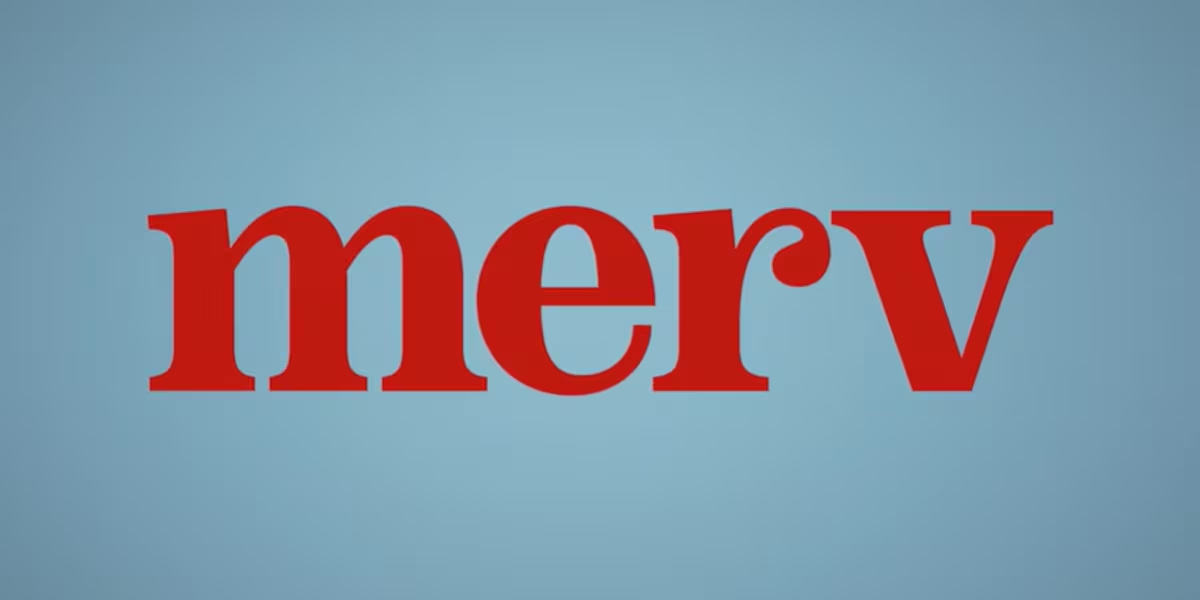Going Against the Grain? The ‘King of Black Swans’ is Now Selling CDS on Tech Giants.

①According to informed sources, at a time when the industry is beginning to express concerns about the AI investment boom driven by debt financing, Weinstein (Boaz Weinstein), one of the most successful derivatives traders in Wall Street history, is “going against the tide”; ②He is offering credit derivatives to financial institutions seeking to hedge risks associated with tech giants such as Oracle and Microsoft.
According to industry insiders, at a time when the industry has begun to worry about the debt-financed AI investment boom, Weinstein, one of the most successful derivatives traders in Wall Street history, is taking the opposite approach – offering related credit derivatives to financial institutions seeking to hedge risks associated with $Oracle (ORCL.US)$ and $Microsoft (MSFT.US)$ tech giants such as Microsoft and Meta Platforms.
The above-mentioned industry insiders stated that some banks are transacting with Saba Capital Management, the U.S.-based hedge fund company led by the “King of Black Swans,” purchasing credit default swaps (CDS) for tech giants to mitigate potential loss risks.
By purchasing CDS, these financial institutions can hedge the risks of their bond positions in relevant tech giants, while Saba Capital is actively leveraging risk, betting that credit defaults are highly unlikely to occur.
Sources familiar with the matter revealed that Saba sold to multiple banks $Oracle (ORCL.US)$ 、 $Microsoft (MSFT.US)$ 、 $Meta Platforms (META.US)$ 、 $Amazon (AMZN.US)$ and $Alphabet-C (GOOG.US)$ CDS contracts of the parent company Alphabet, including some large asset management firms such as a private credit fund, are also actively purchasing these products.
Although the value of CDS increases with the rise in corporate default risk, current prices indicate that the default risk of technology stocks remains low compared to other sectors.
Banks Seek Protection
Analysts pointed out that this trend highlights the market’s efforts to hedge against the risks posed by the soaring valuations of AI companies and their increasing debt burdens. It also reflects the growing mainstream concern: if the current AI boom ultimately proves to be a bubble, any burst will trigger a sharp correction in the stock market, thereby impacting the economy.
In an article published yesterday, Cailian Press mentioned that banks and asset management institutions are rushing to increase their holdings of relevant CDS. These derivatives will provide payouts in the event of debt defaults by AI hyperscalers.
Data shows that since September, as demand for credit protection on Oracle’s bonds has surged, the cost of related credit derivatives has more than doubled. Over the six weeks ending November 7, trading volume in Oracle-related CDS soared to approximately $4.2 billion, far exceeding last year’s $200 million during the same period.
Relevant sources also indicated that many financial institutions are currently seeking to circumvent the accumulating debt risks on the balance sheets of technology companies—these AI firms are financing their multi-billion-dollar artificial intelligence projects through large-scale borrowing.
A client report released by Goldman Sachs last Friday showed increasing demand for hedging protection in equity derivatives trading within this sector.
Deutsche Bank analyst Jim Reid noted in a report on Monday, “Part of the hedging demand stems from concerns about the supply of AI corporate bonds in the coming quarters—following an unexpected surge in issuance in recent weeks… These instruments also seem to be used as a general hedge against various long positions in artificial intelligence.”
The essence of CDS is to provide compensation in the event of a company’s bankruptcy. Of course, when a company’s economic conditions deteriorate, the price of such derivatives will also appreciate.
The financing needs of so-called Hyperscalers—essentially large artificial intelligence technology companies—have surged in recent weeks. Meta just issued an unprecedented $30 billion bond last month, Oracle raised $18 billion in September, and Alphabet, Google’s parent company, announced a financing plan on Monday. According to Bank of America data, investment-grade bond issuance in this sector in September and October alone exceeded twice the industry’s annual average.
S&P Global data shows that driven by strong demand, the credit default swap (CDS) spreads for Oracle and Alphabet have reached their highest levels in two years, while CDS contracts for Meta and Microsoft have also seen significant increases in recent weeks. Data indicates that Oracle’s five-year CDS spread broke through 105 basis points last week, Alphabet and Amazon traded at around 38 basis points, and Microsoft was approximately 34 basis points.
Note: The red line represents Oracle CDS, the green line represents Google, the blue line represents Amazon, and the orange line represents Microsoft.
“King of Black Swans” Goes Against the Tide
Notably, this marks the first time Saba has sold hedging protection for certain companies, and it is also the first time banks have approached the hedge fund with such transaction requests.
Amid the current market-wide pursuit of CDS protection for tech giants, Weinstein’s related sales activities undoubtedly attract significant attention. It is worth noting that Weinstein, who gained fame for his role in the ‘London Whale’ incident (which resulted in a $6.2 billion loss for JPMorgan, the largest investment bank on Wall Street), is one of the most successful traders in the derivatives market.
His CDS trading cases often thrived during the most volatile periods in the market — including the California electricity crisis of 2000-2001, the Enron scandal in 2001, and the WorldCom scandal in 2002.
In these cases, Weinstein and SABA were known primarily as risk counterparties in short-selling trades, i.e., going long on CDS (shorting bonds and, by extension, shorting stocks). Thus, it is no surprise that such a seasoned short-seller now turning bullish (by shorting CDS) has raised doubts about whether recent market concerns over an AI bubble have been exaggerated.
Some industry insiders analyzed that SABA might essentially be conducting synthetic purchases of the bonds of the Magnificent Seven. Given that the most liquid CDS contracts typically have a five-year maturity, their bet seems to suggest that even in a downside scenario, no defaults will occur before 2030. Whether this implies confidence that the Trump administration will step in to bail out the AI sector and provide guarantees for the bonds remains to be seen.
Of course, Saba may simply be arbitraging price discrepancies between CDS and equities — selling CDS while shorting stocks, as has been repeatedly noted in the industry recently, given the severe divergence in their trends over the past few weeks…
Note: The green line represents Oracle’s stock price, and the red line represents Oracle’s CDS.
Historically, Weinstein adopted a similar strategy during the sharp decline in AOL Time Warner’s stock price in the early 2000s. At that time, he correctly bet that the company would not default, purchasing its bonds while hedging the risk by shorting the stock. This strategy, known as capital structure arbitrage, has long been one of Weinstein’s primary approaches, aiming to profit from price discrepancies across different types of securities issued by the same company.
Editor/Doris





